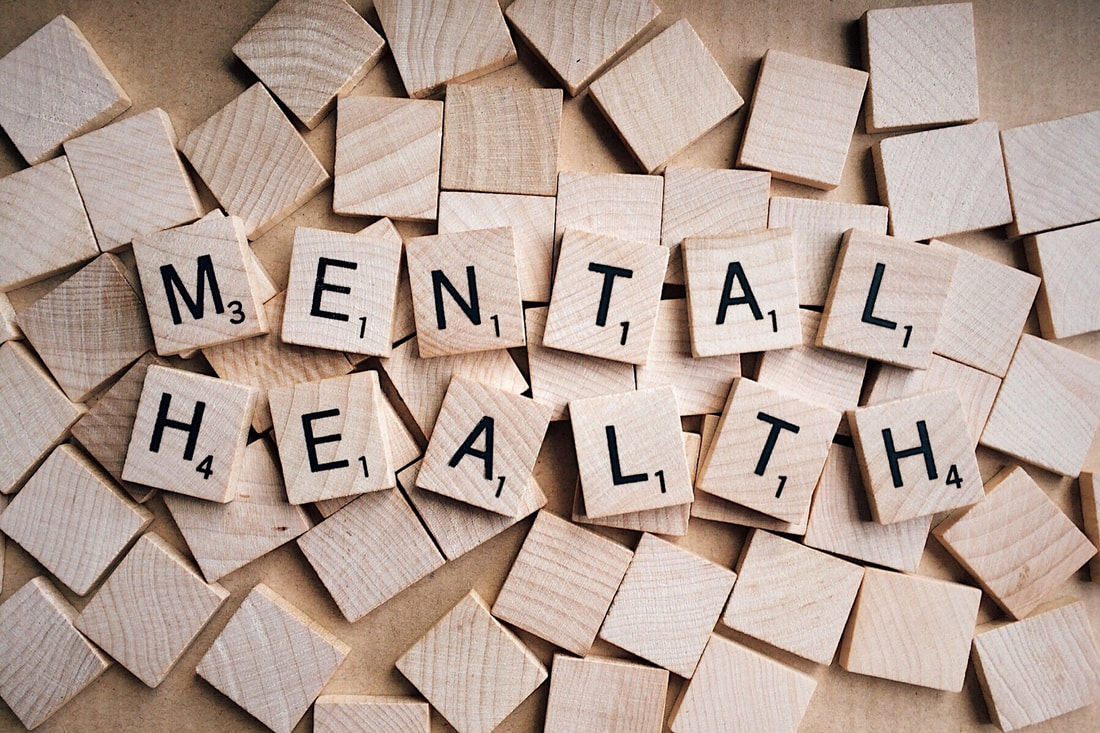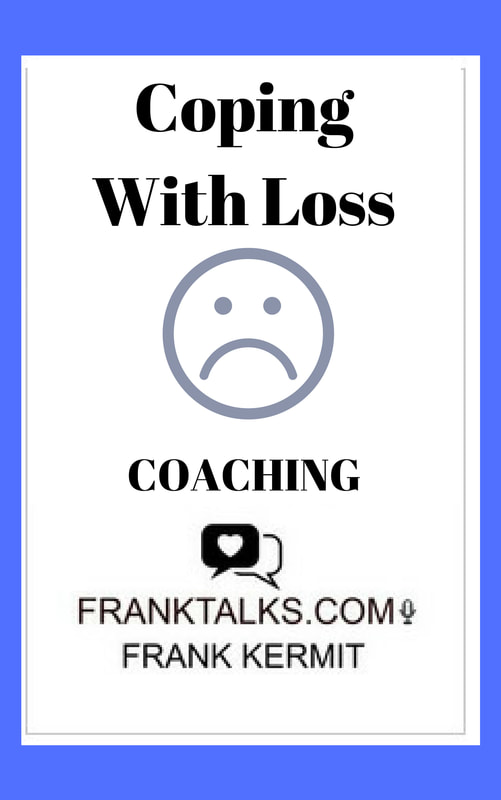|
Weddings are a lot of work to plan. Continue reading to discover a few tips to help you narrow down your options. Your wedding is one of the most important days of your life. It is a day you will look back on in years to come, and speak fondly of to your children, grandchildren and even great-grandchildren. You want your wedding to be a day you will never forget and everything to go off without a hitch. But the problem is, there is just so much to think about. There’s the guest list, the food, the entertainment, the rings, the vows, the speeches. And that’s not all. The wedding venue itself is an integral part of the day. Pick the wrong location, and you could be looking at a ruined wedding. There are several factors to consider when picking a wedding venue. You want it to be beautiful and photogenic, yet also convenient for everyone and within your budget. Wedding venues can be expensive, and often book up well in advance, so even if you find the perfect location, you are never guaranteed to get it. In order to make the right decision and settle on a venue that meets yours and your partner’s requirements, it is necessary to start with the basics. Here are a few tips to help you narrow down your options. Choose a location If you’re willing to get married anywhere in the world, you have too many options. Try to make your search a little easier by narrowing it down to a preferred location and exploring your options within a certain radius. Practically, it makes sense to get married near where you currently live, but you may prefer to go with a more sentimental location. Perhaps your hometown or the place where you first met. You may even choose to get married in an exotic country you’ve both always wanted to go to. Once you have picked a rough area, you can start looking for specific venues and find local suppliers and entertainment options. Set a budget Wedding venues can be expensive, so it is a good idea for you and your partner to discuss how much you are willing to spend. By creating and sticking to a budget, you ensure that you don’t go overboard with your spending. Once you have a figure, you can then start to look for venues that fall within your price range. Don’t be afraid to be flexible with your budget if you find a perfect place that is a little more expensive. You may be able to negotiate a better rate or cut costs in another area of your wedding. Think about guests How many people are you planning to invite to your wedding? Will it just be close friends and family, or are you planning a massive party with hundreds of people? Either way, you will want your venue to reflect the size of your gathering. You don’t want to have a huge party crowded into a tiny building, nor do you want to have a dozen attendees milling around an enormous ballroom. You should come with a rough list of exactly who you want to invite to your wedding and choose a suitably-sized location. Choose a date Some wedding venues are so popular they can book up well over a year in advance. You may have a fixed date in mind for the big day, but it pays to be flexible before you have actually booked the venue. The date will depend on the availability of you and your partner as well as your guests. Make sure you let guests know the date as soon as you have booked it, so they don’t make any plans. Figure out your priorities What do you want from your wedding venue? The decision you make will depend on several factors. Think about the style of wedding you want: classic and traditional, or modern and unique? Do you want it to be child-friendly or pet-friendly? Do you need an outdoor space or inhouse catering? Perhaps you want somewhere with accommodation so you and your guests can just head upstairs after the party is over. Prioritize the aspects that you are most keen for your venue to have and order your shortlist accordingly. Reach out to a few venues Once you have narrowed down your list to a few options that you really love, it can be difficult to pick one. It is a good idea to contact each of the venues to express your interest and ask them a few questions. You will want to know the practical information such as their availability, capacity, and pricing. But you also want to get an idea of how helpful and responsive they are. If they take a long time to get back to you or send blunt responses, you might get a better experience elsewhere. Visit your favourites You will need to visit the venue in person before the wedding day to ensure it is the right choice. Photos do not always do a place justice. You will want to take a tour, looking at the layout and making it is a good fit for the number of guests and the format you have in mind. Talk to the venue staff to get a good feel for the atmosphere in the venue. Make your choice At this point, you may have two or three potential options, so you will have to weigh the pros and cons of each and make a choice. It is good to have at least one backup in case your favourite option falls through. Both you and your partner might have a different top choice, so have a frank discussion and ensure you are both happy with the final decision. As soon as you have come to an agreement you should get in touch with the venue to book your wedding on your chosen date. Congratulations, you now have a venue for your wedding. There are so many different options for the location of your wedding ceremony and party. Learn more about some of the different types of venues available to you.
2 Comments
Mental health is important to our well being. Read more to learn ways to help your mental health. Mental illnesses are not preventable. Let’s get that out of the way. There are definitely some ways for you to reduce the episodes, but when it comes to straight up prevention, that is usually a tall order. With that said, there are some ways you can reduce episodes of mental illness and keep your mental health up. Let’s look at some ways. A Healthy Lifestyle First, having a healthy lifestyle is one of the best ways to keep your mental health up. Here are some ways to have a healthy lifestyle. 1. Get adequate sleep. Around 7-9 hours a night is recommended, though some needs change. If you are suffering from chronic insomnia, try adjusting your sleep hygiene. Unwind before bed, sleep in a cool, dark room, and do things that make you tired. If you are still having problems, get support through a therapist. 2. Eat healthily. Try to eat right most days and eat a balanced diet. This isn’t to say you can’t have the occasional treat, but don’t make it a habit. Eating right can give you energy and keep your mental health up. 3. Get exercise daily. Exercise releases endorphins, which can help improve your mood. Plus, it gives you energy and improves your physical health too. With exercise, you don’t have to go hardcore; a little walk outside can be what you need. 4. Get checkups regularly to make sure you're healthy. More on in this later. When you get checkups, you can not only talk about health concerns, but you can improve any problems before they get worse. Try Meditation and Mindfulness One way you can keep your mental health up is to meditate or be mindful. While these are found in Eastern religions, these techniques apply all across the board. With meditation, the effects are quite obvious. When one is controlling their breathing, it can calm down their anxiety or restlessness. When you are clearing your mind of self-defeating thoughts, they will have less of an impact on your mental health. Mindfulness is the full awareness of the present. It is achieved through meditation as well as being more aware of your surroundings. Many of our mental health issues are caused by worry or regret. We worry about the future, especially with things we can’t control. Meanwhile, we may regret the past. Mindfulness teaches you that both mindsets are toxic, and you should try to avoid either whenever possible. Another way to meditate and be mindful is through guided imagery. You imagine yourself in a location and use all five senses to your advantage. It’s a great distraction, and many people will use it to sleep, tool. Mindfulness and meditation do not require any special teaching. While an instructor can help, you can also look at videos or apps that teach it. There is no gatekeeping with these techniques. Finally, the biggest lesson both can teach you is to let go of what you can’t change. There’s a lot we can’t change in this world, and you shouldn’t use your energy on it. Instead, work towards what you can change, and you will go far in your life. Good luck. Get Help Whenever You Can Another way you can prevent mental health issues is to get help when you can. By help, we are referring to physical and mental health care. Let’s discuss both. Physical Going to a doctor when you feel unwell can help your physical health, which does have a positive effect on your mental health as well. When you go to a doctor, also talk about any mental health problems you have. They can help you when you have issues. Mental Getting mental health care from a therapist or counselor is possibly the best way to prevent issues or treat current problems. Don’t wait until your mental health is at a low to get help. Here are some reasons why you may want to seek help. 1. When there is a big life change. Life changes can include something such as a move, a loss in the family, heartbreak, or another issue as well. When you are experiencing a life change, you may not see the mental implications until it’s too late. 2. When you’re dealing with too much stress. We all have to deal with stress from time to time, but too much stress can take a physical or mental toll on you. A therapist can’t make all your problems magically disappear, but what they can give you is the resources needed to tackle them. From creating a plan to teaching you how to let go of what you can’t change, talk to a therapist about it. 3.When you are having interpersonal problems. Whether it’s problems with your friends, family, or spouse, it can take a toll on your mental health. In addition, it can sometimes be hard to solve these problems on your own. When both people are shouting at each other and they don’t know how to resolve their issues, trying to resolve can backfire without a couples or family therapist. If you are considering online therapy, websites like ReGain can be valuable. 4. If you just want someone to talk to. That’s a valid enough reason to seek help. We all get lonely, or want to talk to someone who is objective. A therapist can help with that. Sometimes, you may need to take medication for depression, anxiety, and other mental health issues. The best way to handle this is to think of the medication as ammo against the symptoms, while you use therapy to try to defeat the cause. Don’t rely only on medication, but also don’t avoid it. It can be helpful for you. Conclusion Keeping your mental help up is important, especially as you grow older. Your mind is important, and it’s not something you want to lose. By getting help, being mindful, and being as healthy as possible, you can improve your overall mental health. Read more to discover where you can find support when you need it. |
Categories
All
Archives
June 2024
NDG Encore Singing Chorus **** Every Friday Night Dr. Laurie Betito Quotes
|
|
FRANK KERMIT MA
EXPERT RELATIONSHIP COACH HELPING PEOPLE CONNECT |
ALL COACHING IS BY TELEPHONE OR SKYPE ONLY INTERNATIONAL CLIENTS ARE WELCOME *INTERNATIONAL CLIENTS ARE RESPONSIBLE FOR LONG DISTANCE PHONE CHARGES, +1 Canada/USA* SKYPE IS PREFERRED. IT'S FREE AND EASY TO USE FROM ANYWHERE IN THE WORLD TELEPHONE: +1-514-680-3278 EMAIL: [email protected] SKYPE: frank kermit PLEASE NOTE THAT ALL SALES ARE FINAL. NO REFUNDS OR EXCHANGES
|






 RSS Feed
RSS Feed












































